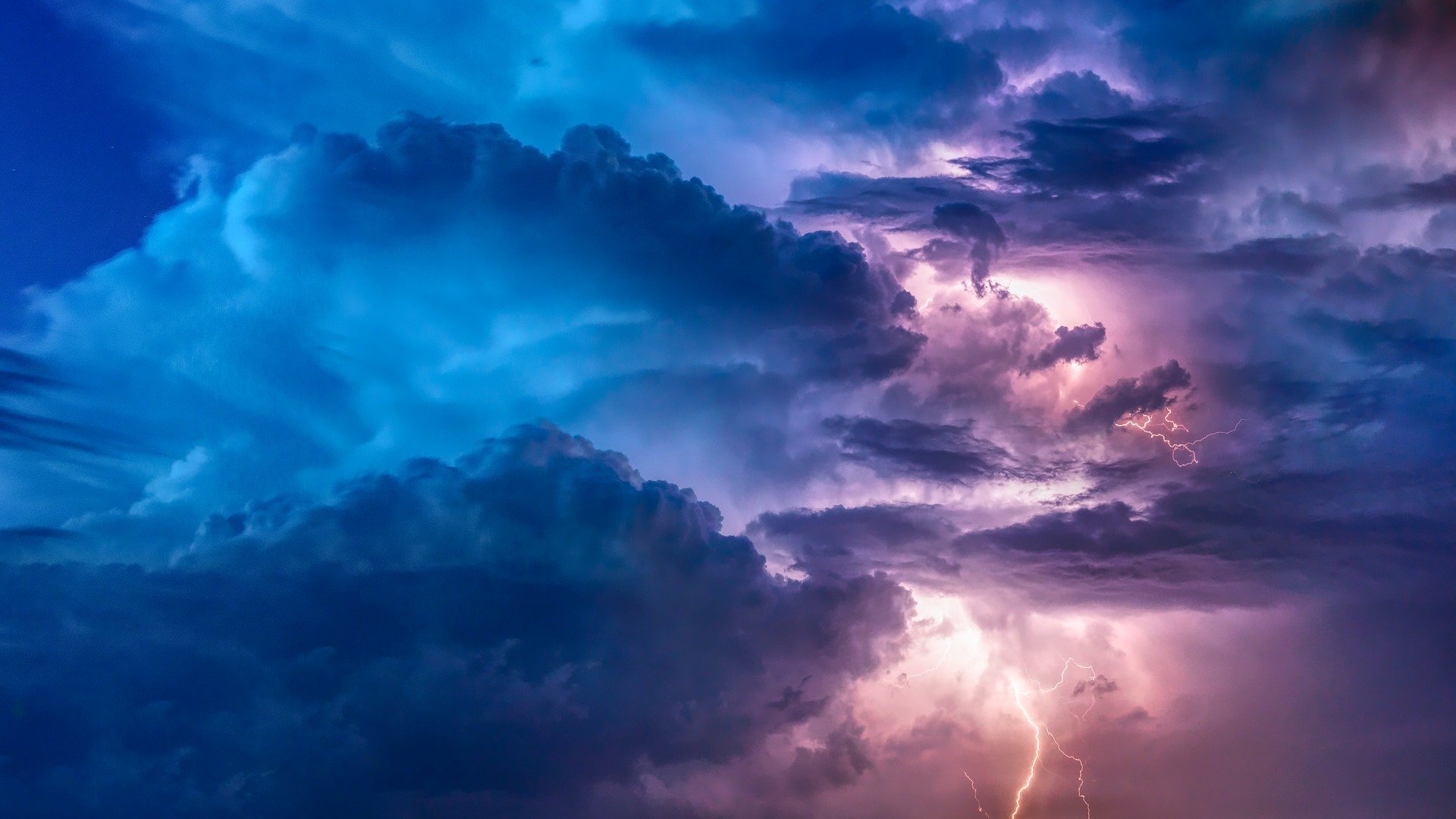Blogging Nietzsche—Nietzsche's Poetry: "Choosy Taste"
In his own typical fashion, Friedrich Nietzsche gives an alternative interpretation of heaven and the afterlife in his short poem “Choosy Taste” (Nietzsche, The Gay Science, ‘Joke, Cunning, and Revenge’: Prelude in German Rhymes, No. 57):
57. Choosy Taste
Were it my choice to exercise,
I know that I would opt for
a cosy place in Paradise:
Better still — outside the door!
As is commonly known, Nietzsche is extremely critical of anything that smacks of religious escapism. Too many religious believers, according to Nietzsche, deny and attempt to escape the reality of their embodied existence—its needs and desires, and its metaphorical peaks and valleys in the struggles and achievements of human life—by setting their sights not on this life but in some imaginary afterlife.
Nietzsche’s sentiments in the first three lines of the poem are those of many religious believers, that given the choice they “would opt for a cosy place in Paradise” (i.e., in Heaven). A cosy place in Paradise, however, is lacking in the things that make human life worth living—ambition, struggle, glory, desire, wanting, and, one could argue, all the things that make us unique individuals. To Nietzsche, the afterlife is more like everlasting death, perhaps itself even more like divine punishment than Hell, being eternally separated from the things that make us who we really are inside and in our embodied, physical, individual, and animal nature.
Although Nietzsche ultimately rejects the metaphysics and cosmology of Christianity, with its teleological aim of obtaining everlasting “life” (in irony quotes) he seems to imply in the fourth line of the poem that it’s better to remain “outside the door”—that is, outside the literal and metaphorical gates of Paradise/Heaven.
On the one hand, this sentiment is not a radical departure from a religious worldview. After all, if you were to find yourself just outside the door to Paradise, you would at least have something toward which to struggle and aim. It’s always more fun and more satisfying still to be on the journey than to reach your destination! On the other hand, however, Nietzsche’s point in the fourth line is much deeper and more critical than it looks to be at first glance. Nietzsche is claiming that he wouldn’t even want to be in Paradise/Heaven in the first place!
On a literal reading, Nietzsche is merely rejecting the Christian afterlife. On a more metaphorical reading of the fourth line, however, Nietzsche is rejecting not only the Christian afterlife but the entire Christian religious worldview supporting it. In a disembodied heaven we would certainly be without the drives and desires that make us human, as described above. According to Nietzsche, however, those religious believers who aim not toward earthly achievements but toward the Christian afterlife have rejected their humanity even in the here and now, not just in their imaginary heavenly afterlife but in their actual, physical, and earthly life today.
Those who constantly strive toward reaching Paradise or Heaven ultimately choose not really to live at all. They have turned their backs on their own nature and are in a constant state of denial about the kind of being they really are: physical beings with bodies and all the needs that bodies have—beings with an evolutionary history who invented knowledge, culture, and morality to preserve their meager existences a moment longer than they might otherwise have:
It is remarkable that this was brought about by the intellect, which was certainly allotted to these most unfortunate, delicate, and ephemeral beings merely as a device for detaining them a minute within existence. (Nietzsche, “On Truth and Lies in a Nonmoral Sense,” Philosophy and Truth: Selections from Nietzsche’s Notebooks of the Early 1870’s)
If aiming toward Paradise or Heaven amounts to denial of our physical nature and mere religious escapism, the answer then, for Nietzsche, is to fully embrace our physical human nature—its temporariness, its lustiness, its playfulness, its artistic potential, not as members of the herd of sheep marching slowly toward the afterlife without any passion, but as strong individuals—as Übermenschen (the plural of Übermensch) who can break with the crowd at every turn and take radical ownership over his or her own life, his or her own individual aims, and his or her own uniqueness from one’s own inner strength—humanism writ large.
Individual uniqueness and the fullness of human life, however, are not found in a heavenly afterlife or in Paradise as the culmination of world history (as Christians with an eschatological bent are prone to believing). Instead they are found right here, right now, in our individual human lives, within our own embodied selves—in the things we want, need, desire, aspire toward and set our sights upon, and the fresh eyes with which each of us looks at the world from moment to moment, morning to morning, and day to day, reinventing ourselves at every turn to make our lives fully our own and not some bodily prison from which we will eventually be freed.
No, Paradise and Heaven themselves are prisons, both if they were real and for those already there within, and for those alive today who have never really learned how to live in the first place, aiming toward and setting their hearts upon only imaginary heavenly things. As Nietzsche says in the last line of the poem, real life is found only “outside the door” of Heaven.









